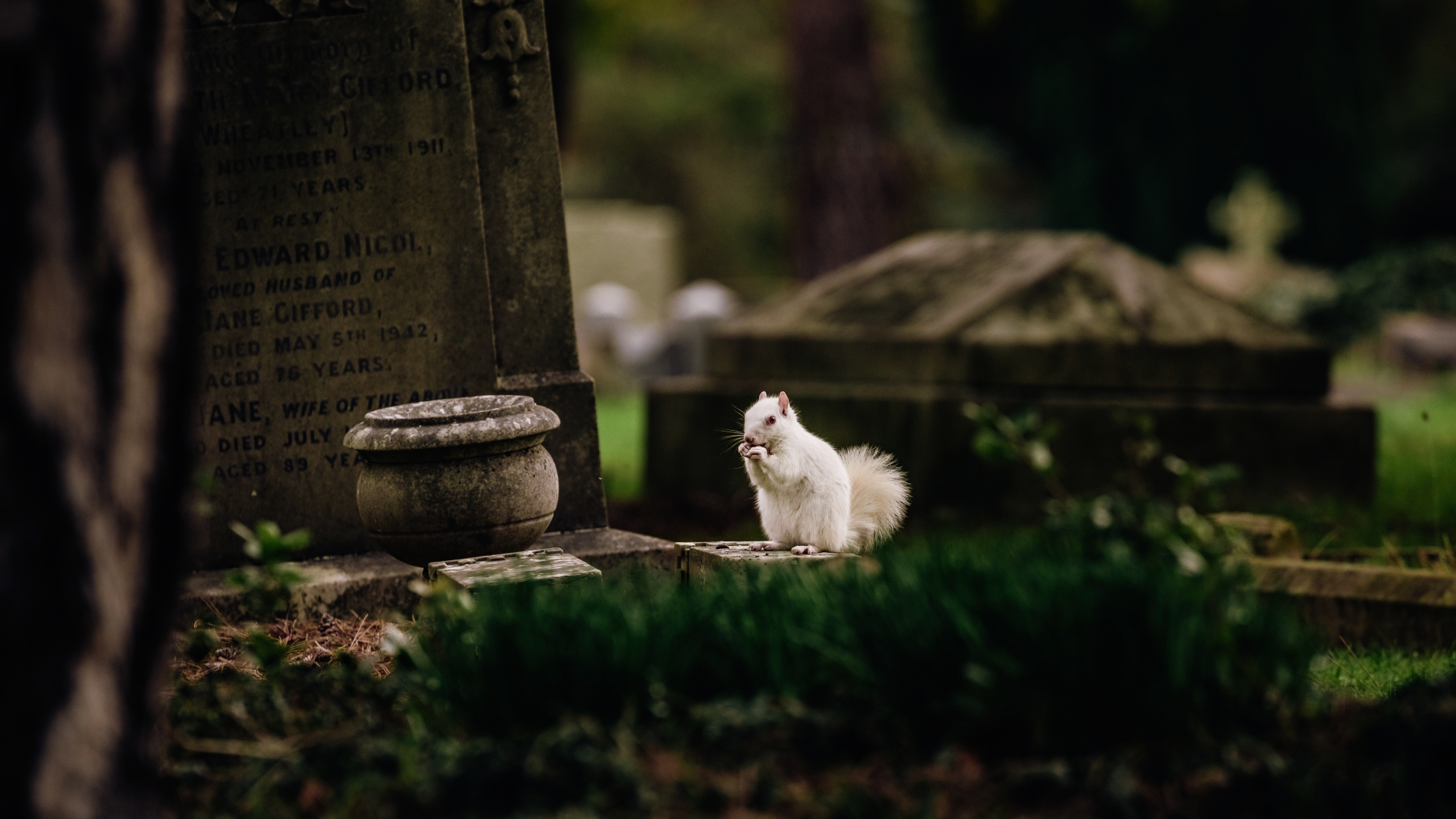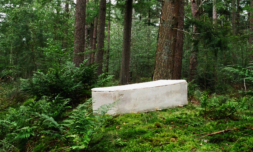Laws in effect since Victorian times are causing UK funeral authorities problems as burial space runs low. Some have requested to reuse old graves and policy reviews are ongoing.
Does the New Year make anyone else think of death? Just me then… okay.
We apologise for such a morbid topic so early in the year, but a squeamish attitude is probably what landed us here in the first place.
Cemeteries throughout England and Wales are running out of space to bury the dead, and calls to overhaul an archaic legislation stretching back over 120 years are getting louder.
Dating back to the Victorian era, a set of rules governing both England and Wales ratified that no grave can ever be reused – no matter how much time has passed, and how sparse graves become.
Today, that stipulation remains in effect, and it has come to pass that many cemeteries have used up all available space. Tower Hamlets, Brent, and parts of Oxfordshire are at full capacity and the pandemic’s death toll has put the strain on those still operating.
‘We can’t keep building new sites, there isn’t the space available, and if a local authority runs a cemetery it has a duty to maintain it – so it’s costing money but there’s no income because there are no burials,’ said Julie Dunk, chief executive at the Institute of Cemetery and Crematorium Management.




















